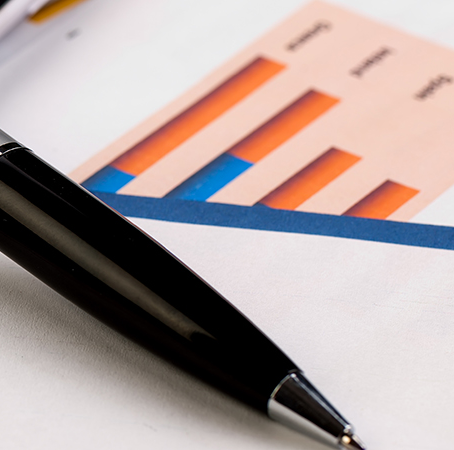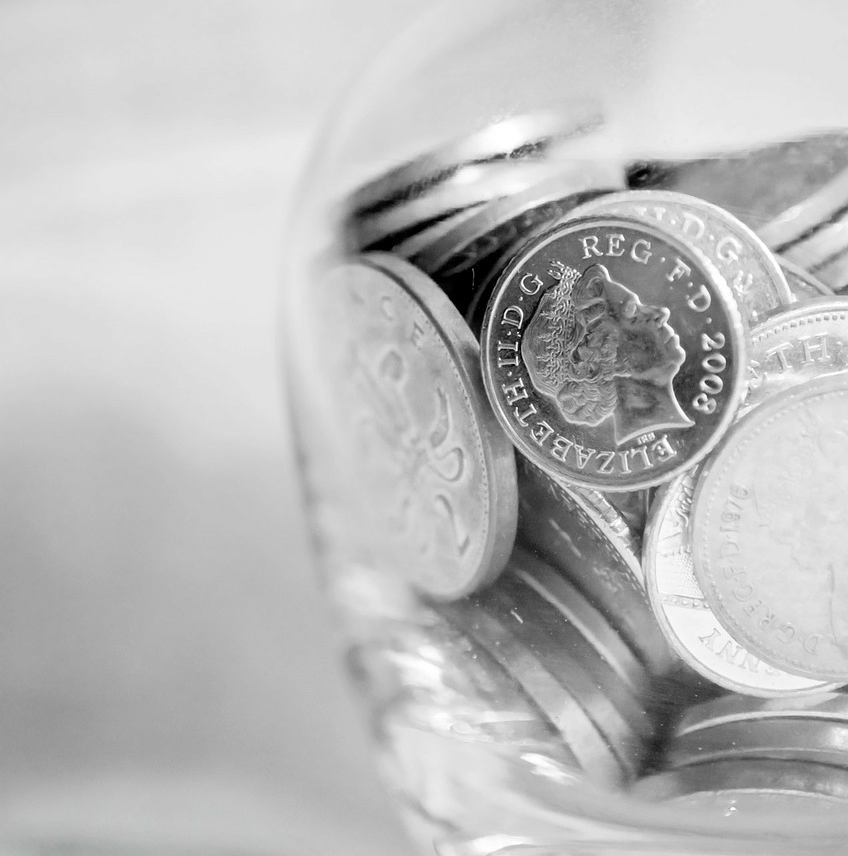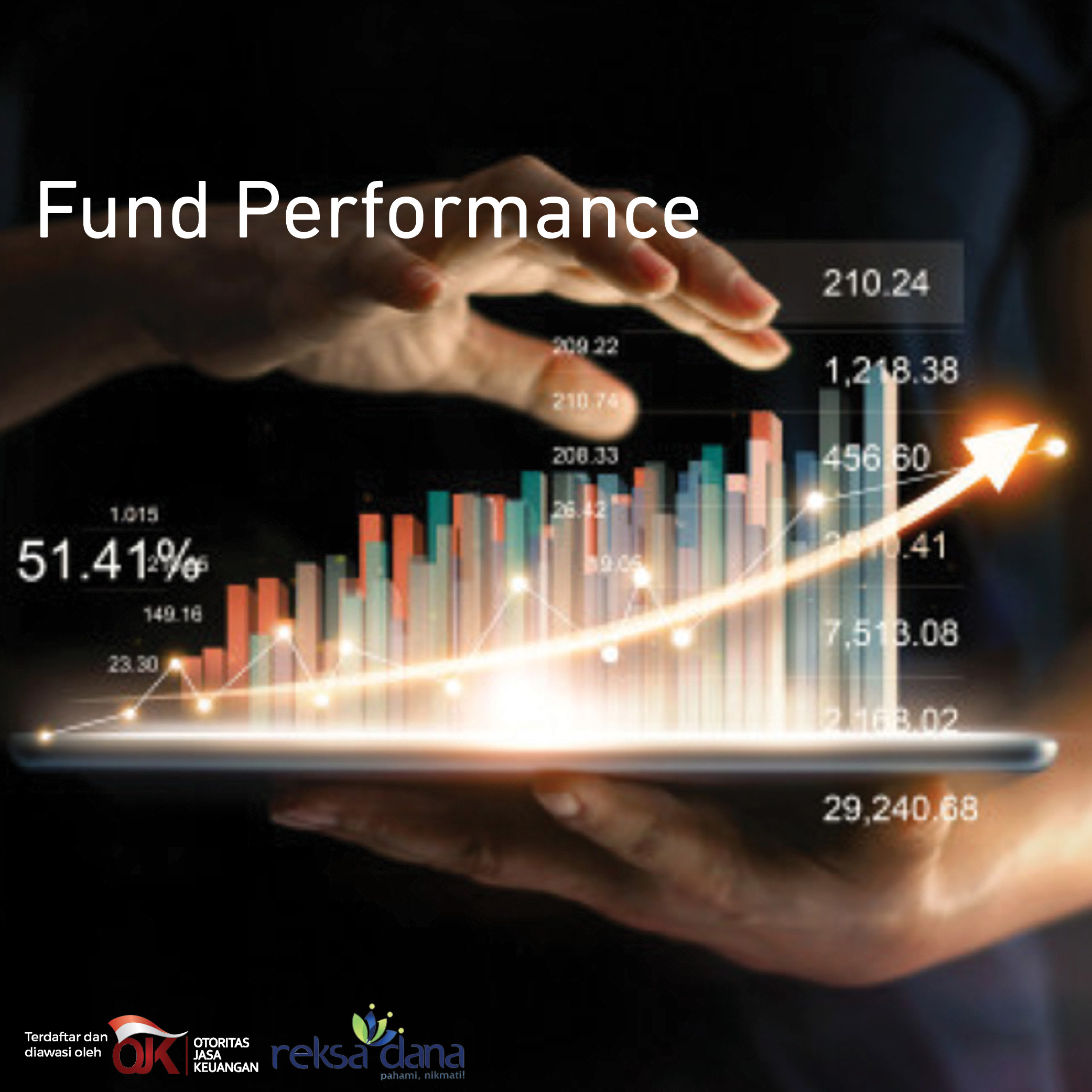Persistently low
Low inflation in Apr-20 is unusual since it historically used to be higher compared to March. Moreover, Apr-20 is the start of Ramadan month where the consumer spending used to be higher. Statistics Indonesia (BPS) recorded the inflation at 0.08% MoM and 2.67% YoY in Apr-20. This came lower than both our monthly estimation and Bloomberg consensus that expected 0.12% MoM and 0.20% MoM, respectively. The relatively low inflation was supported by the deflation on administered price and volatile goods price. The anomaly happens due to Covid-19 affects not only the supply side but also the demand side. As the demand gets lower, excess of supply of goods happen. The pandemic causes people to be more frugal to avoid potential turmoil in near future as well as the large-scale social restriction (PSBB) that hinders people to spend more outside. For sure, PSBB does not only contain the virus but also the inflation as well.
Stable inflation on foods
The biggest contributor of inflation came from personal care and other services where it contributed 0.07% to total inflation with 1.2% MoM inflation. This should not be a surprise since this basket of goods consists of gold jewelry. The gold jewelry contributed the most where it contributed by 0.06% to inflation. In times of global uncertainty, gold jewelry sale may surge as it is a safe-haven asset and it increases the price automatically. The second biggest contributor is food, beverage and tobacco (0.09% MoM) where it made up 0.02% on monthly inflation. Commodities that contributed the most were shallot by 0.08%, sugar by 0.02% and other commodities by 0.01%. Aside the foods basket, this leads to higher core inflation where it grew by 0.17% MoM meanwhile administered price and volatile goods price displayed deflation in Apr-20.
PSBB contains inflation as well
Some regions in Indonesia are implementing PSBB, as the consequence, it forces many industries or other economic activities to stop as the workers stay at home. The job lost up to 2.8 mn of laid-off workers as of mid Apr-20 slashed household demand and drove the inflation to be lower. Some prices from food basket showed deflation where red chili contributed by 0.08%, chicken by 0.05% and garlic by 0.02% to the total deflation of food basket. The deflation in food basket happened due to slow demand towards those commodities. Thus, it knocked down the price as the excess of supply. Besides, significant fall of transportation demand brought deflation on transportation at 0.42% MoM or contributed by -0.05% to total monthly inflation where airfare contributed 0.05% to deflation. The deflation on this basket is predicted to remain due to PSBB as well. The other deflation source came from information, telecommunication and financial services basket where the price fall by 0.34% MoM. Internet providers slashed their rate to boost the usage of internet amid solidarity of PSBB, and promotional tools as well.
Benign COVID-19 impact on inflation, so far
With the current low inflation, we see the government has been doing great in managing the price, reflected by the lower administered price from Jan-20 until Apr-20. Electricity, fuels, and transportation fares are some commodities that the government sets low. The government ensures the food supplies will remain secure especially approaching Eid al-Fitr in May-20. The higher core inflation may reflect the weakening of people’s purchasing power. Therefore, we see the issue will be coming from demand side and the low inflation will be our new normal until PSBB is over. However, the risk of major foods supply chain may bring impact on the further future towards inflation. We maintain our view on inflation that will be at 3.5% YoY due to the pandemic in YE 2020. The expected higher inflation and the significant depreciating rupiah in the same time should lead BI to leave the rate unchanged in next BoG Meeting. However, the room to have another rate cut is still open but we see rate cut is ineffective amid the weakening demand side like this.
















